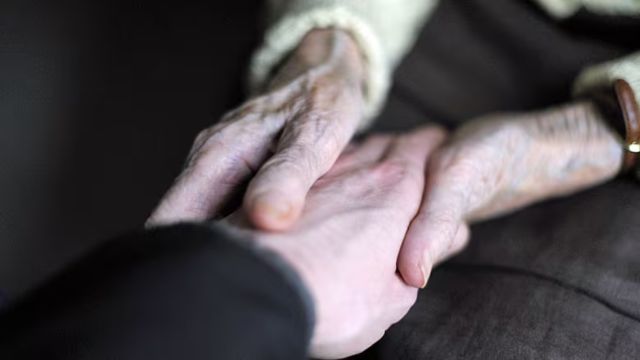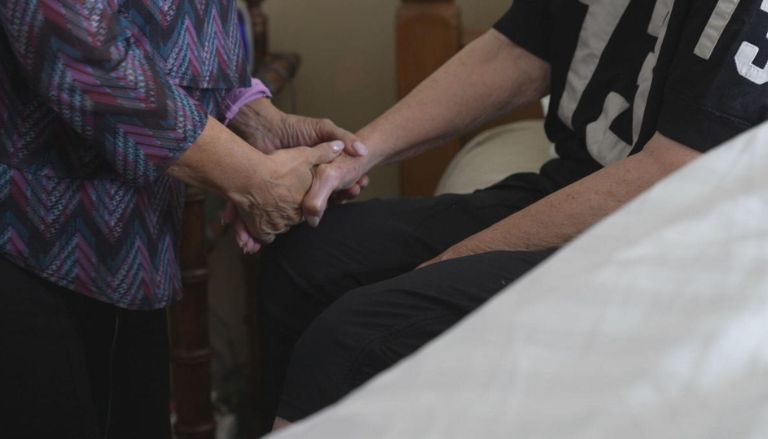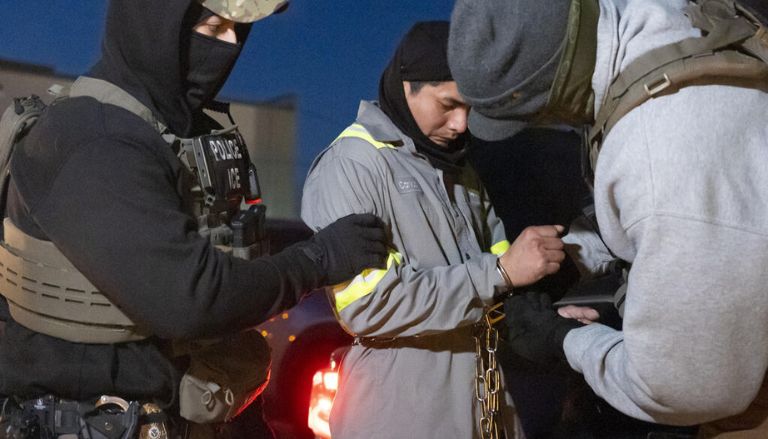When CBS News went to Barbara Goodfriend’s home in New Jersey, it was busy with family and friends, making it feel lively. It was difficult to accept that it was also the place where she had decided to end her life just a day later.
“It’s been a week with family and friends.” We’ve all cried a lot, but we’ve also laughed. “We’ve had a great time together,” Goodfriend said.
Last April, Goodfriend was identified with ALS, which stands for Amyotrophic Lateral Sclerosis. This disease affects the nervous system and takes away people’s ability to control their muscles. The 83-year-old widow worked in fashion for many years while taking care of her only daughter. After a doctor told her she might not survive the fall, her health quickly worsened, and she fell several times, bruising her face.
Goodfriend has decided to use “Medical Aid in Dying,” or MAID, instead of continuing to suffer. A doctor gives a prescription for a mixture of deadly medicines. The patient must have six months or less to live, be mentally capable, and must take the medication on their own. The process is not the same as euthanasia, which is when a doctor gives a patient an injection to end their life, and this is illegal in the U.S.
Goodfriend says she doesn’t want to die, but she also doesn’t want to keep living with a serious illness.
“What will I give this up for?” What does it mean to use a wheelchair? What does it mean to have a food tube? “I wish I had more time to live, but I don’t want to spend that time being a patient,” Goodfriend said. “I hope something gets done so that others can have the same opportunities I do.”
Assisted dying is allowed in 10 states and Washington, D.C. Right now, eight other states are looking into making similar laws this year, as reported by the nonprofit Death with Dignity.
Dr. Robin Plumer has assisted with almost 200 deaths in New Jersey since MAID (Medical Aid in Dying) became allowed in 2019. The law doesn’t say Goodfriend needs a doctor with her on her last day, but she wanted Plumer to be there.
“You will take this medicine and fall asleep, and you’ll feel all the love and support,” Plumer said.
Goodfriend says that no one tried to convince her not to do it. Her daughter, Carol, assisted her during the process.
As her only child, I find it really hard to back something that is so difficult and goes against what I want. Carol said that the highest form of love is to accept someone’s wishes, allowing them to live and die as they choose.

Goodfriend spent her last day surrounded by her loved ones in a very emotional room. The calmest person there was the woman in bed who had decided to end her life.
“I’m not scared of dying… I was scared of living,” Goodfriend said.







Leave a Comment